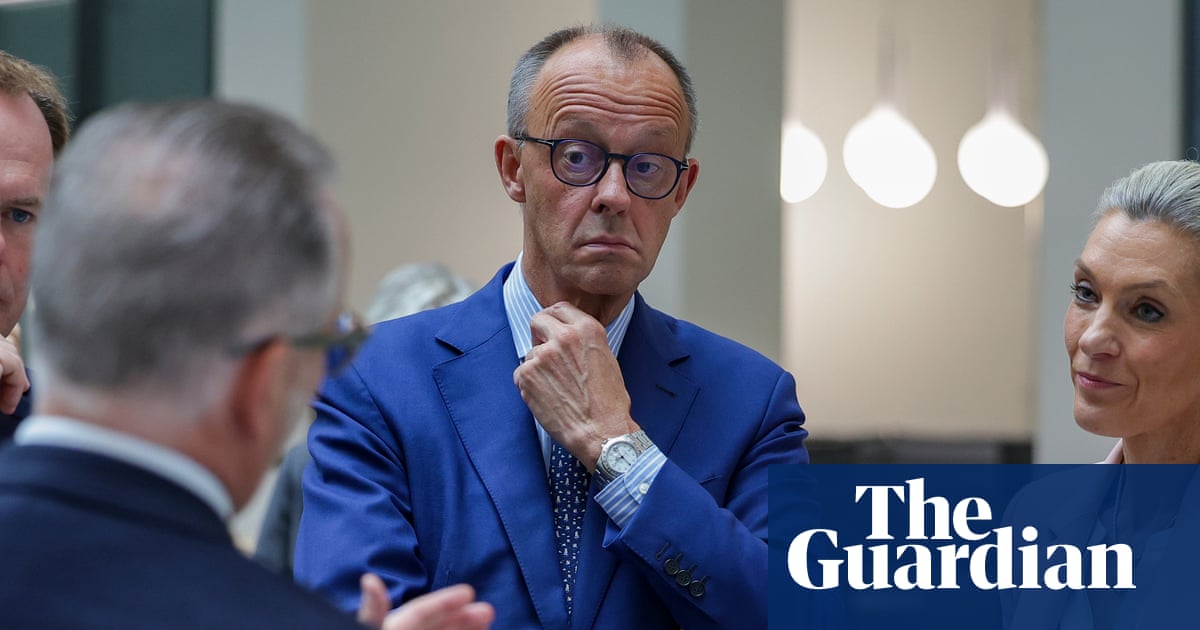fromwww.theguardian.com
2 days agoThe AfD is flirting with Nazi history but moral outrage alone won't stop the far right | Katja Hoyer
In a country deeply conscious of its own history, the party, now riding high in the polls, has to decide whether it rejects or embraces Hitler as an ideological antecedent. Rather than answering definitively, the party is deliberately opaque. It flirts with the Nazi legacy without explicitly committing to it. Far from putting voters off, this strategic ambiguity cultivates a surprisingly powerful mix of outrage and plausible deniability.
Europe politics






































